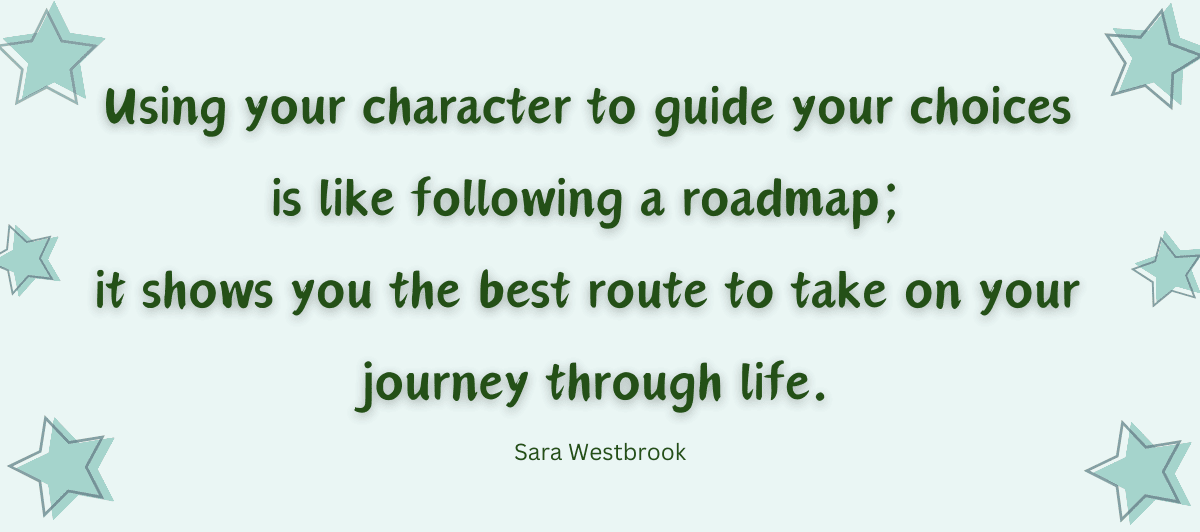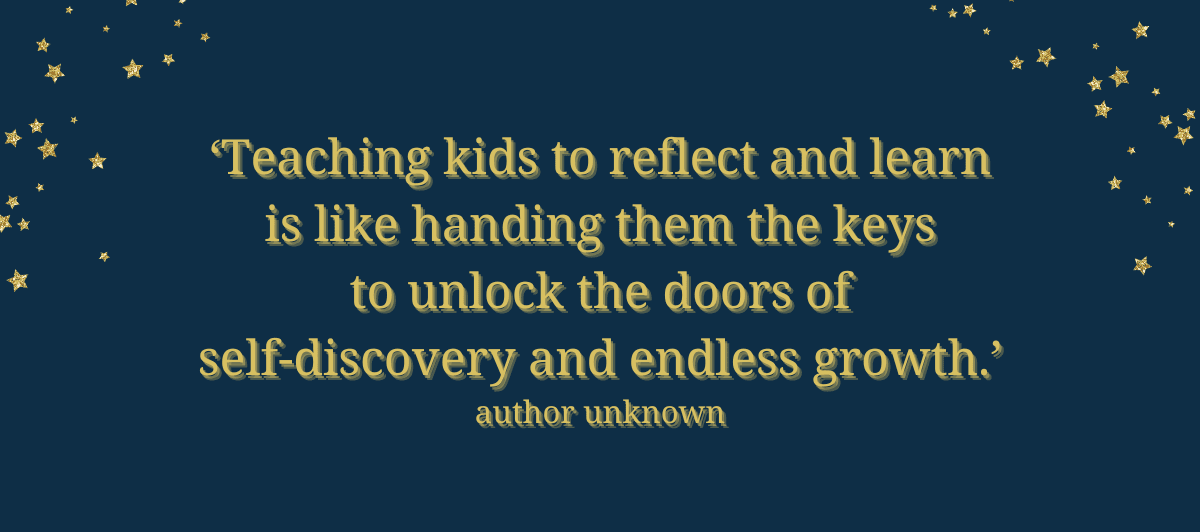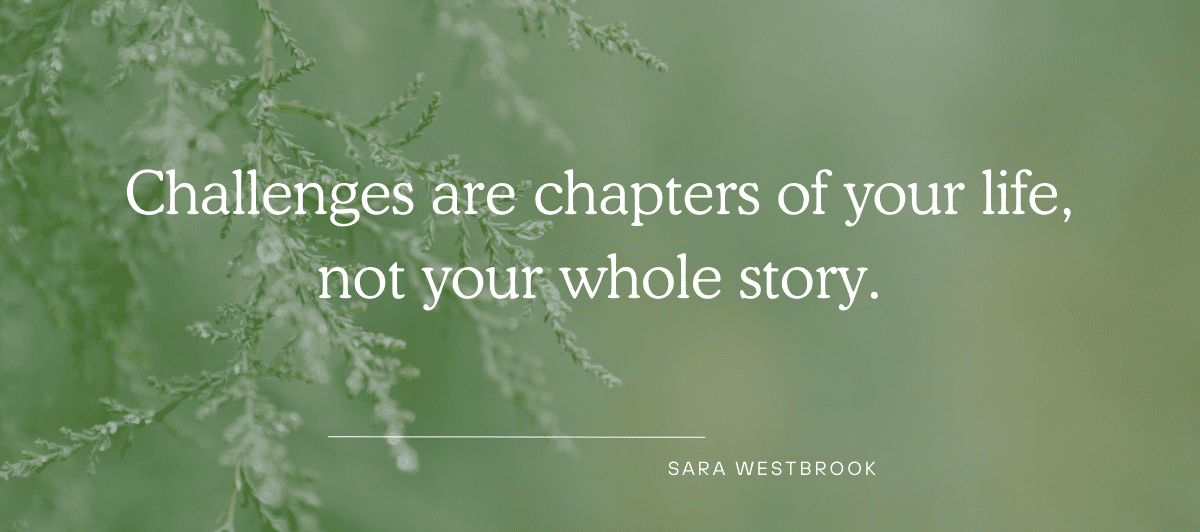
Naming ‘the elephant’ Builds Connection
Last week, I walked into my presentation with a bandage on my forehead. Before I started, I told the students what happened: I had tripped, hit my forehead, and ended up with a small cut.
Why did I start there? Because otherwise it would have been the elephant in the room and kids always notice ‘the elephant’. If we don’t explain, they fill in the gaps with their own guesses, worries, or assumptions.
Sharing what’s happening shows kids that it’s okay to notice, ask questions and share how they feel – the keys to building connection with kids in everyday interactions.
Ways to Connect
1. Name it: Tell them what’s happening when they notice something.
2. Keep it simple: A short, honest explanation is enough.
3. Invite conversation: Encourage questions and let them share their feelings.
When you do this, you are showing children that they can trust their observations and their feelings.
This is what I know: They will learn they are not alone, that feelings matter, and that mistakes are part of life – all essential for building connection with kids and helping them grow into compassionate, confident, and resilient people.
Until next time…











